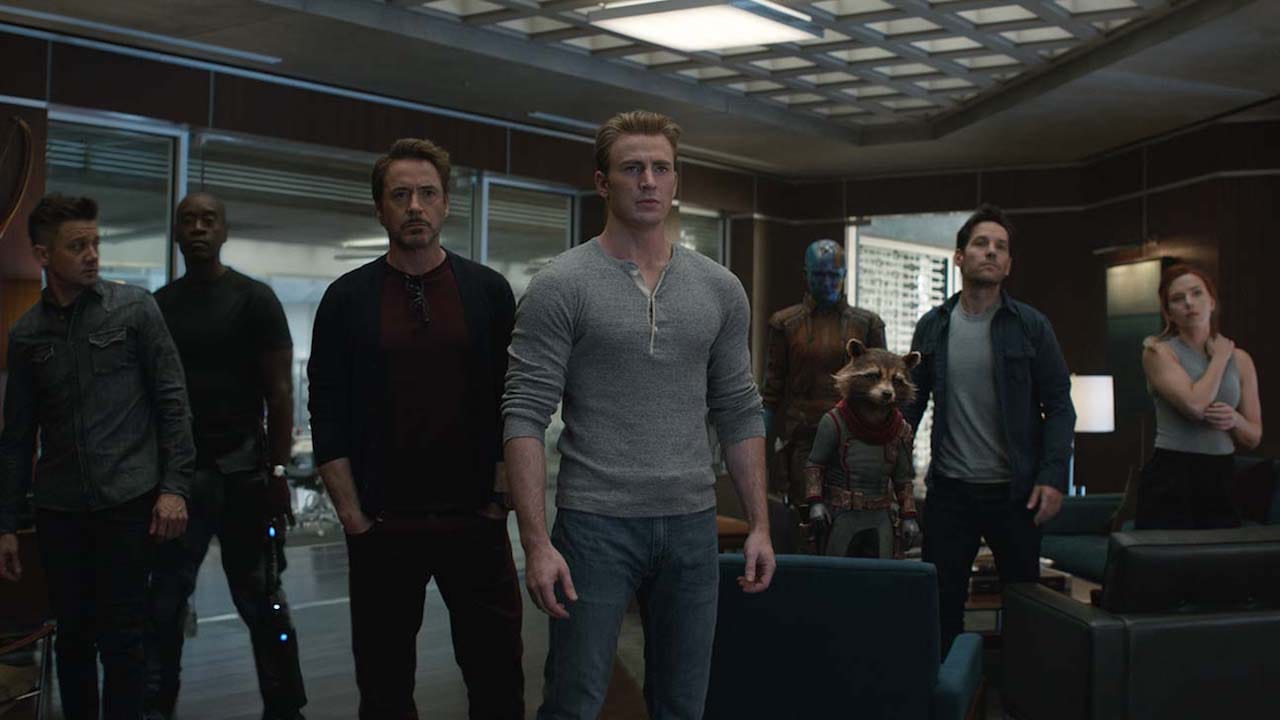We're Better Together – Just Like in 'Avengers: Endgame'

I’ve never been a comic book reader. In fact, I can’t think of a time when I read one. I don’t mean to infer that I was ever opposed to reading comics; I just never got into it myself. So it wasn’t the established characters that drew me to the beginnings of the Marvel Cinematic Universe (MCU). I think I went to see Iron Man because I’m a sucker for a good Robert Downey Jr. picture. Of course, fun action-adventures typically grab my attention as well.
When I first saw the film, I don’t remember feeling like I was watching a “comic book movie” like those released at the time such as Sam Raimi’s Spider-Man or Tim Story’s Fantastic Four (Christopher Nolan’s Batman Begins was operating on an incomparable level and The Dark Knight had not yet been released). The film’s appeal went beyond that pulling interest from an array of sources. Iron Man was the ideal starting point for the MCU — even if no one had any idea of the scope in which this 2008 early summer flick was instigating — and Robert Downey Jr. was the perfect talent to lead it.
MCU was embarking on something that had never been done before that was so much more than a collection of films that intertwined and affected one another. While there are several films among the three phases that are not as strong as others, none of them are outright “bad.” As the films started to become more frequent, I became increasingly concerned that the speed would affect overall quality. Alas, in my opinion, it did not. I would go as far as to say that I was not disappointed by any of these first 22 films. Sure, some are not as strong, but they need to be that way when you look at all three phases as one massive story. They ebb and flow and all the while building up to the incredible climax that is Avengers: Endgame.
The strength of the performances is what impresses me the most. Each hero, including those among a team of heroes, has their own stories where we as an audience develop affection for them. Even Loki, who plays the villain in The Avengers, eventually grows on us converse to the way Thor grows on him. That affection then gets amplified tremendously when we see each of these characters meeting for the first time. More so, each of these alpha personalities finding themselves in situations where they must work together and learn to trust one another. Those relationships need time and challenges to develop. Not only for each other, but for us as the audience as well. Too many times we are presented with films that fast track this process (typically plot-driven stories), which typically ends up leaving the audience uninvested and understandably compelling the audience to leave for a better expenditure of their time. This well-paced investment is why Avengers: Endgame is so rewarding for so many.
As an independent filmmaker and all-round cinema enthusiast, what brought me so much excitement and joy throughout the MCU journey was seeing all these A-list actors come together to make something bigger than any one of them. They didn’t let their egos get in the way of their characters or the overall story. As the Avengers assembled, so did Hollywood’s star power. Watching these famous and incredibly talented performers work together, play together, and inspire together elevated everything. Many have used their roles beyond the screen to do more philanthropic work. These actions demonstrate to other leaders in entertainment, business, and even politics, that we are better when we come together. We are more successful when we are not greedy. We can coexist and lift each other up without diminishing our self worth. And if we actually listen to each other, we can find common ground, build trust, and cultivate healthy relationships together. We can do it. We just need to assemble.

